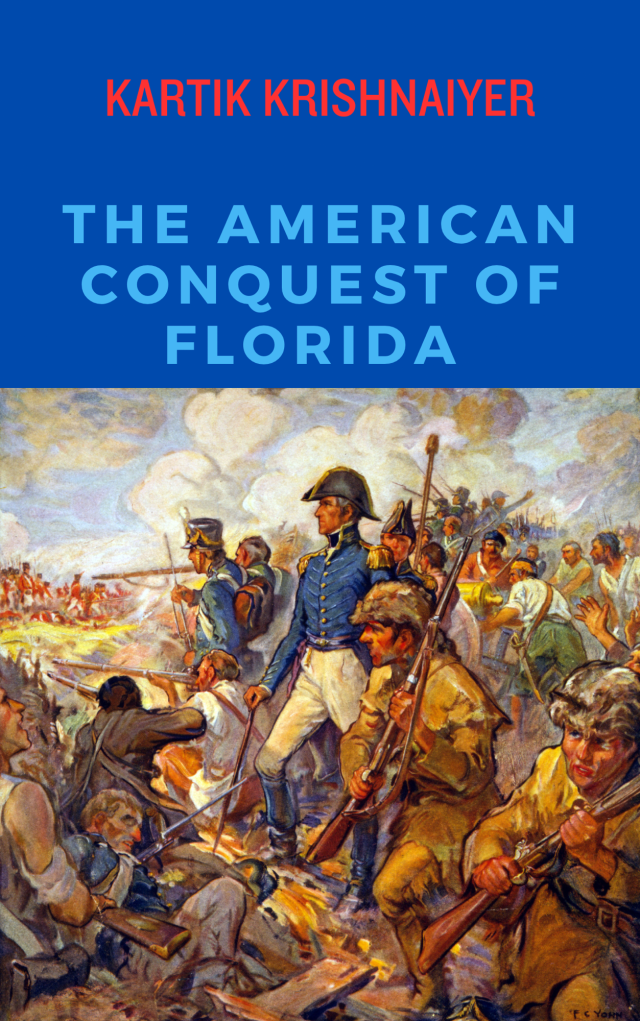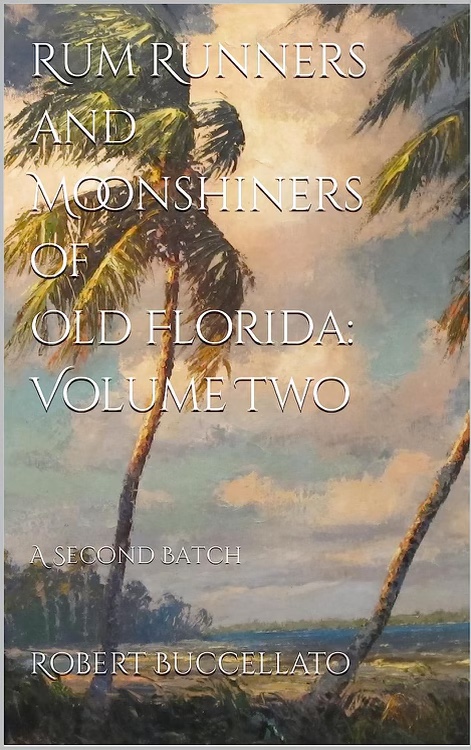As we’ve said time and again on this website the 1970s were sort of an era of enchanted enlightenment in Florida’s political system. Reubin Askew who passed on yesterday was not only Florida’s greatest modern Governor, he was arguably the greatest ever from the southern United States and perhaps the best 20th Century Governor anywhere in the country. What made Askew so great, and what were the long-term impacts of his tenure as Governor?
First some historical perspective. Republican Claude Kirk shocked political observers by tapping into widespread discontent with the liberal direction of the national Democratic party with his huge 1966 Gubernatorial upset win. He became the first Republican Governor of a southern state since the 1920s and the first in Florida since Reconstruction. Anger about the 1964 Civil Rights Act still was prevalent and after Robert King High, a Miami liberal who supported Civil Rights upset incumbent Governor Haydon Burns in the primary, the die was cast. Kirk, running without a party infrastructure routed High in the General. Republicans which had already come to prominence in urban Pinellas, Orange, Broward and Palm Beach counties now were a statewide force.
Republican numbers surged in the Legislature and picking up seats in different geographic areas of the state, taking a legislature that contained single digit numbers of Republicans at the turn of the decade into a potent minority force. Outside of liberal (Miami) Dade County, Republicans were popping up everywhere. These new GOP officials took the state party into a hard right direction in sharp contrast to the old school Midwestern styled Republicans that had come from the urban areas south of Orlando. The next election cycle saw a shocker as Republican Ed Gurney, a reactionary conservative from Brevard County (which became Republican during the space program boom of the early 1960s) defeated former Governor Leroy Collins, the man whose leadership prevented Florida from becoming another Mississippi or Alabama during the Civil Rights era.
Collins efforts to make Florida a modern state were used against him by Gurney and the Republicans. The son of a Tallahassee grocer was beat badly in rural areas by a Maine born, Harvard educated carpetbagger. The irony of ironies in an election where George Wallace carried 29% of the statewide vote carrying every county north of Gainesville, and in all of those counties Gurney won, becoming the first Republican ever to carry many of them for any office. Richard Nixon won Florida, just as he had in 1960, but this time the combined Wallace/Nixon (conservative) vote was close to 70% of Florida’s electorate. At the time registered Democrats still represented the vast majority of voters in the state.
Collins won Dade County, Florida’s most populated and liberal area by a 2 to 1 margin but was routed everywhere else. He carried only four counties statewide, a shocking statistic even today. The anger towards Democrats perceived as being soft on Civil Rights and other conservative social issues of the late 1960s had taken full hold in Florida. Throughout the state, Democrats fled Collins in droves and voted for Gurney.
Two other southern states elected GOP governors in the late 1960s- Arkansas and Virginia. However, Florida was much further along in partisan realignment then any other southern state, and was predicted to become the first solidly Republican state in the region. By 1970, the Republicans had made tremendous gains in the Legislature and were looking poised to dominate the state.
Then came Reubin Askew, and it took the Republicans years to recover. Askew’s decisive win over Kirk in the 1970 General Election came after running on a progressive platform against conservative sitting Attorney General Earl Faircloth in the primary. A little-known State Senator from Pensacola when the campaign began, Askew ran to Faircloth’s left. He believed in racial equality while most Florida Democrats still avoided the issue or race-baited. He supported increasing taxes on corporations and reforming the tax structure. He strongly supported tougher environmental regulations. He also supported transparency in government and limits on campaign contributions, after Florida had been dubbed by some political journalists as the nation’s most corrupt state.
After Askew won, he often butted heads with the conservative leadership of the State Senate. That leadership led by Dempsey Barron (D-Panama City) was prior to Askew’s election largely dominant over the Executive Branch. They were the most powerful people in the state. Askew would change that and make Florida someplace special.
In the 1970s Florida was the envy of the nation. A dream state with a budding progressive movement related to women’s issues, the environment, health care and public education. Florida was the most progressive southern state just a few short years after appearing to be the most conservative. Long before the Villages spurned a generation of right wing senior activists, the condos of southeast Florida were filled with activism led by New Deal veterans. Young people in the larger cities began connecting with the reform message of Askew and even some rural voters understood the need to change the state’s image and governing philosophy. The legislature in those days was at times even more defiant and obstinate than today, even though the Democrats held a large majority in both chambers. The Governor tapped into this to build a coalition of urban southeast Florida liberals and rural north Florida populists to support his candidacy and agenda.
Whenever Governor Askew had progressive initiatives blocked by the conservatives in the Senate he would take his case directly to the Florida people. In 1974, he won a resounding reelection despite a well funded right wing propaganda campaign in both primary and general elections. Askew also bucked the legislature by backing several ballot initiatives that made Florida a desirable destination for new residents, businesses and tourists.
In that campaign he was challenged by the hard-right within his own party and then among Republicans. He won both the primary and general by decisive margins.
Progressive reforms came in bundles during Askew’s second term. Financial disclosure, campaign finance limits, sunshine laws, etc. Anything designed to reform government in a way that empowered the citizens, the Governor supported. He strongly favored the Equal Rights Amendment, something today’s Democrats run from. In the process he built a lasting Democratic Party majority across the state.
His pardon of Freddie Lee Pitts and Wilbur Lee caused problems in racially charged parts of North Florida, but demonstrated Askew’s strong commitment to civil rights, fairness and due process. The Governor took on big business and the entrenched interests and won in his second term. As Martin Dyckman described in his great book on the the 1970’s in Florida, Askew took big business head on.
The ballroom of the luxurious Breakers resort (in Palm Beach) was filled with men in tuxedos and women resplendent in gowns and jewels. They were powerful, prosperous people unaccustomed to the sort of tongue-lashing that Askew, speaking without a script, was about to give them. “We don’t have too many poor people in this room tonight,” he said, contrasting the glittering scene with the poverty of migrant labor shacks at nearby Pahokee. Florida “isn’t so beautiful for a lot of other people, and there’s no reason for it, Florida being so affluent as it is,” he declared. “This is not the end of tax reform,” he told them, “but the beginning — the beginning of a new day.”
Askew’s legacy which redefined the Democratic Party was so great that the Republicans actually held more State Senate seats in 1970 then they did in 1985, even though Republican registration numbers in the state had surged between 1970 and 1985. In fact, while Florida was Ronald Reagan’s best southern state in both his 1980 and 1984 Presidential campaigns, the GOP made few inroads at the state level in either cycle. Floridians may have been fed up with national Democrats but they loved the party Reubin Askew had rebuilt.
Progressive reforms, and compassionate economic policy made Askew one of a kind. Time Magazine and Harvard University both honored Askew’s legacy naming him one of the “ten best Governors of the 20th Century” in the United States.
He was leader unlike any other. He was the man who made modern Florida and the modern Democratic Party. Those who don’t know much about Governor Askew’s legacy yet call themselves Democrats would be wise to study it today.
To say he will be missed is an understatement of epic proportions.








[…] didn’t actually have a state company tax till 1971. Then a younger, daring, brave, unapologetic progressive campaigned on it, gained, after which received it finished with the backing of 70% of Floridians. […]
LikeLike